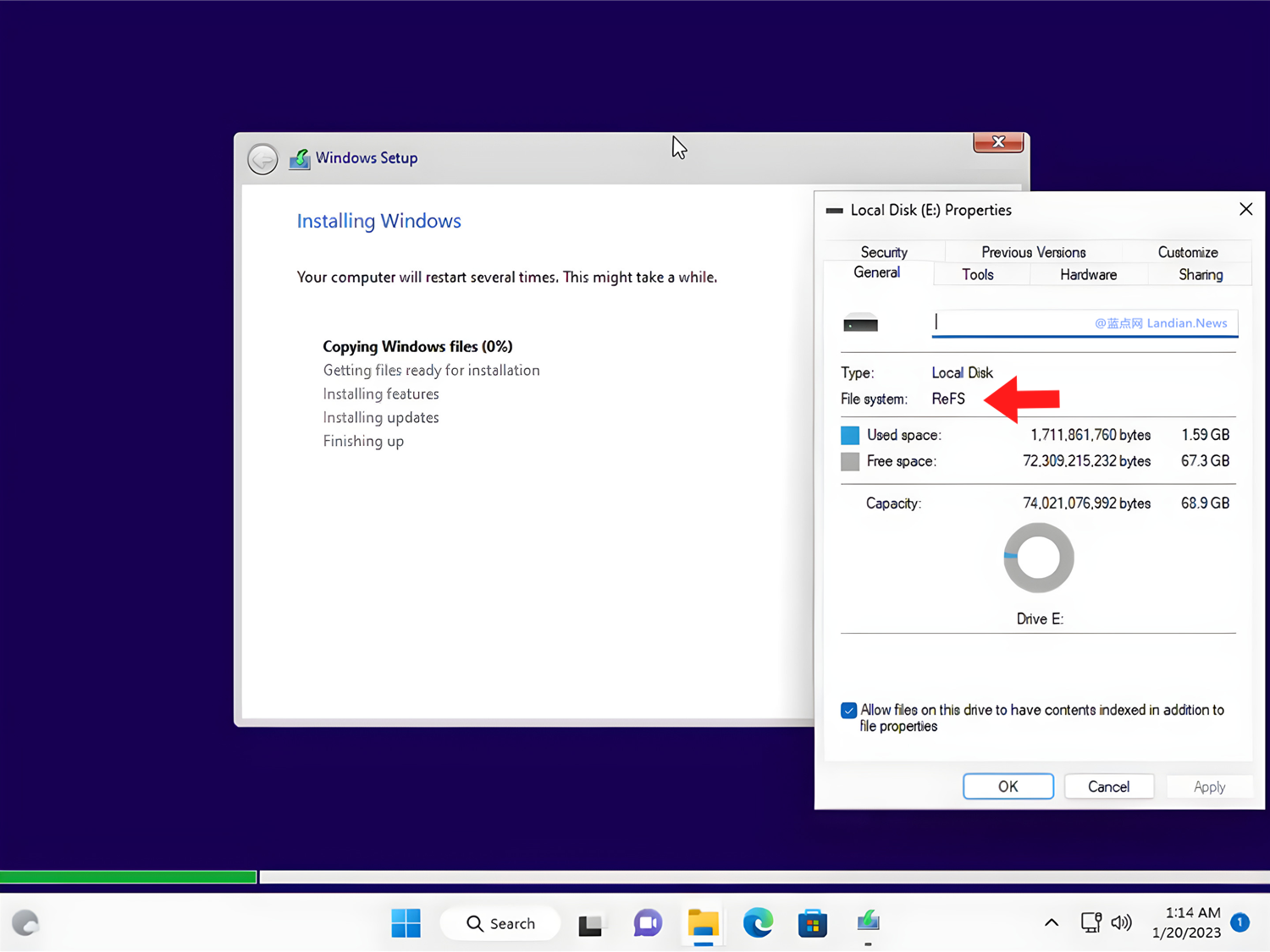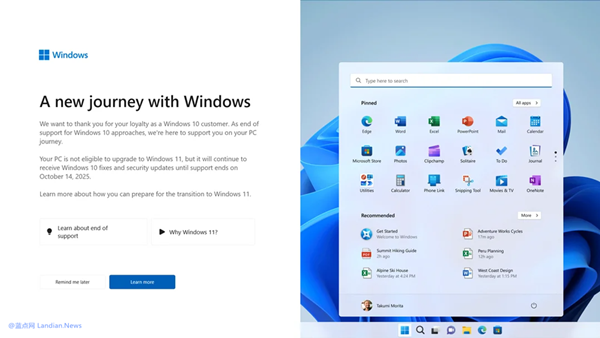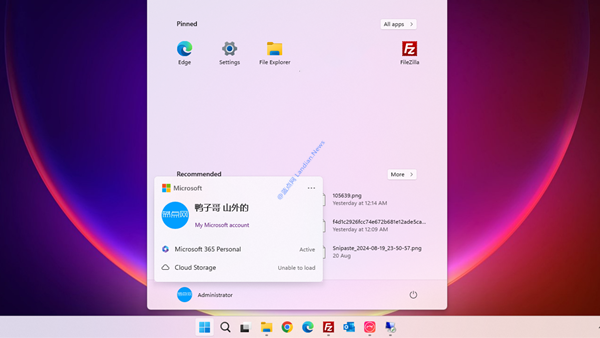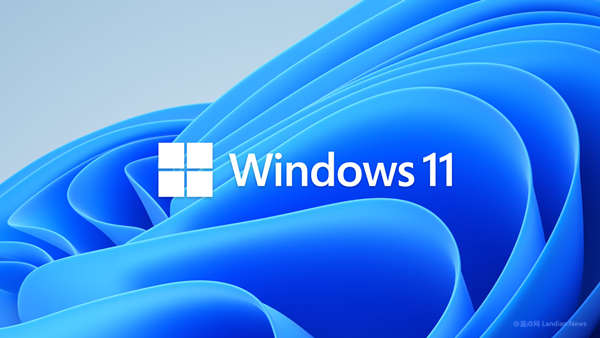Microsoft May Adopt ReFS as Default File System for Select Windows 11 Versions, Boosting Compatibility and Performance
Recent evidence suggests that Microsoft is actively working on enhancing the compatibility of its ReFS (Resilient File System) in Windows 11. For instance, the Windows 11 test version now allows users to create ReFS volumes, and the operating system can be installed on ReFS file systems.

Previously, Windows only supported installation on NTFS file systems, with ReFS serving as an auxiliary option for creating file systems for data storage after installation. According to WindowsLatest, Microsoft may replace NTFS with ReFS as the default file system later this year, although the accuracy of this speculation remains uncertain.
ReFS is Microsoft's next-generation file system developed after NTFS. It boasts numerous advantages, such as a maximum capacity of up to 35PB, data integrity checks, and improved file read/write performance while reducing I/O.
Currently, ReFS is only supported on Windows 10/11 Pro Workstation and Enterprise editions. It is not available for Home, Education, and Professional editions. WindowsLatest suggests that if Microsoft decides to make ReFS the default file system, it will likely be limited to specific devices and versions, such as workstations, with no support for general versions.
Microsoft has yet to release a statement about its plans for ReFS. The aforementioned Windows 11 features, such as creating ReFS volumes and installing the operating system on ReFS, have only been discovered by users, with no mention of these capabilities in Microsoft's blog posts.









